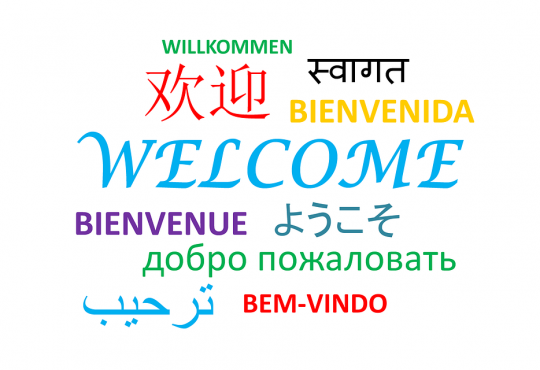Women should take back derogatory words: if they feel comfortable, women need to reclaim hurtful words
As someone who is frequently in the midst of many female friends, it is not uncommon to hear the word “bitch” or “slut” thrown around in a casual, joking manner. For some who utilize these phrases, a social movement to reclaim derogatory terms may not be at the forefront of their mind. But the casual, habitual use of these words may be evidence of just that.
There is indeed a well established effort in which women deliberately utilize the previously mentioned words, as well as many more—some which are traditionally considered extremely offensive and degrading. The intention of this idea is to remove the power that these words hold and allow women to reclaim the very words by which they have been oppressed—in an empowering and positive way. I argue that this is a valid right for these women to exercise, yet those who feel uncomfortable with the terms should not be forced into using them.
In today’s society, many things that used to be considered scandalous have lost much of their shock value; there is a sense of comfort that has developed, particularly in younger generations. This can be seen in clothing styles, entertainment content and of course, language choices. The use of previously distasteful language about women can be seen used casually in popular movies and television shows, such as Mean Girls, “Desperate Housewives” and “Gossip Girl.”
As a result of this popularization in the media, some women use this terminology in casual conversation with close friends. From walking into a room demanding to know “what’s up, bitches?” to simply calling your group of girlfriends “hookers,” the reclamation of these words can be habitual and almost unintentional, a symbol of a perhaps less-conservative generation and a new means of familiarity between close friends.
As said before, the more casual use of these terms can also be an extremely effective way to empower women by offering a new view of the words themselves. The two main examples here for that are Bitch Media as well as the Slutwalk. Bitch Media gets its name from the positive connotation that the founders of the company believe the word to have, despite its oppressive history. According to their website, they claim that bitches are women who “speak their minds, who have opinions and don’t shy away from expressing them, and who don’t sit by and smile uncomfortably if they’re bothered or offended,” clearly intended to be a positive description. The website offers a place for women to express these opinions and empower themselves and their voice their opinions.
In a similar way, the transnational Slutwalk (a march in which some women dress in revealing clothing to reinforce the fact that clothes are not an excuse for rape) seeks to empower women more through the attention that the word “slut” demands, rather than the actual word itself. Not only has the prevalent use of “slut” in this context stripped the word of its negative powers, but it also allows the walk’s message to be more widespread, through the substantial notice it causes the movement to receive.
However, in my opinion, it is understandable that some women would feel uncomfortable with the use of these admittedly provocative words. It is true that many times when they are used it is intended in a hurtful or demeaning way. Just as women have the right to make use of words like bitch and whore, they have the right to purposefully abstain from using them as well. I believe that this, too, conveys a positive message because there is literally no risk of marginalizing or offending anyone by simply not using hateful language, no matter the intent.
Not only is this the safest route to take when you are unsure about the tone of a situation, but it is also an equally legitimate set of values to hold about derogatory terms.
Put simply, women should use discretion when considering using controversial and loaded words about other women. I, personally, feel empowered to be able to quote Mean Girls without fearing any serious social consequences. At the same time, it is important to note that these words are still “bad words” and no one should feel pressured to reclaim the words as positive if they aren’t comfortable doing so.

